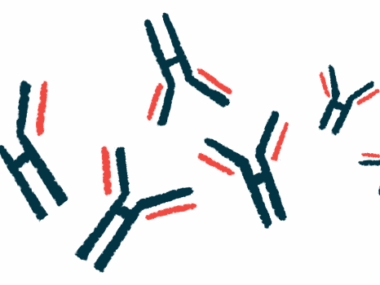Scleroderma Patient Education Conference Scheduled for July in Phoenix Area
Written by |

Registration is open for the Scleroderma Foundation‘s 2017 National Patient Education Conference, July 21-23 in the Phoenix suburb of Chandler, Arizona.
The conference will focus on helping patients, family members, caregivers, and others learn about therapies, manage the disease better, cope with the emotional challenges of scleroderma, stay motivated against the disease, and raise awareness of it.
Another conference aims is to help patients build a support network to share experiences and make friendships.
To achieve this, the conference will offer education and networking opportunities for scleroderma patients, family members, friends and caregivers. These include acquainting children with scleroderma-related topics and helping teens transitioning from childcare to adult care.
The conference agenda includes more than 60 workshops, panel discussions and other educational sessions. All will be led by researchers and healthcare professionals specializing in scleroderma.
Two people who have gained notoriety battling the disease will be keynote speakers. Andrew Botieri will deliver the opening keynote on July 21, and Karen Vasquez the closing one on July 23.
Botieri, the founder of Total Peak Performance, has become motivational speaker after a near-fatal brush with scleroderma. He was diagnosed with systemic scleroderma in 1999, and went into coma after a hypertension crisis and renal failure in 2000.
Surviving his life-threatening ordeal prompted him to decide that his life’s purpose ought to be spreading the word about scleroderma. He wrote “A Celebration of Life – a Story of Hope, a Miracle and the Power of Attitude,” about the challenges of the disease, and how he maintained a positive attitude and persevered.
Vasquez was diagnosed with scleroderma in 1994. At 23, she attended her first support group meeting, where the average age was 55.
An Oprah Winfrey interview with scleroderma patient Sharon Monskey made Vasquez determined to live past her 30s, an age when many patients die.
She spent her 20s and 30s in civilian and Veterans Administration care. Despite the fact that most veterans with scleroderma are men, she became an advocate for treatment. Advocacy may have saved her life, she said, because eventually her illness went into remission.
The full conference schedule is available here.
Sign up here to receive the conference’s e-alerts.





